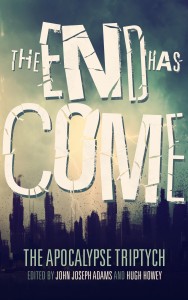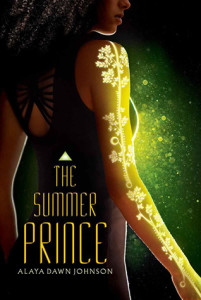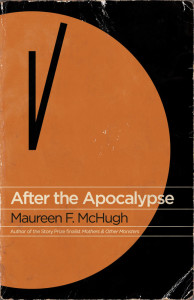
Buy The End Has Come, edited by John Joseph Adams and Hugh Howey
In collaboration with editors John Joseph Adams and Hugh Howey, A Dribble of Ink is proud to introduce a series of interviews with the authors of The End Has Come, the final volume in the The Apocalypse Triptych. Following on The End is Nigh, and The End Is Here, The End Has Come contains 23 stories about life after the apocalypse.
Interview with Tananarive Due about “Carriers”
(Interview by Jude Griffin)
I was very excited to see another story in this world with Nayima—how has the character changed since you first began writing her?
In the first story, Nayima was a young woman forced to come of age against the backdrop of a super plague. That story was really me processing the true end of my own childhood, with the long suffering and death of my mother. But at least Nayima had a sense of moving on to the next phase of her life. In the second story, Nayima was shattered. I believe she was forced to give up her last notions of communal humanity–she herself was toxic, and her dreams of building a village were silly and, in a way, even selfish because of her deep denial that she was a carrier. So the Nayima of “Carriers” is a hardened, solitary woman who had given up hope of a “normal” life. And she has lost her trust in everyone. Read More »


